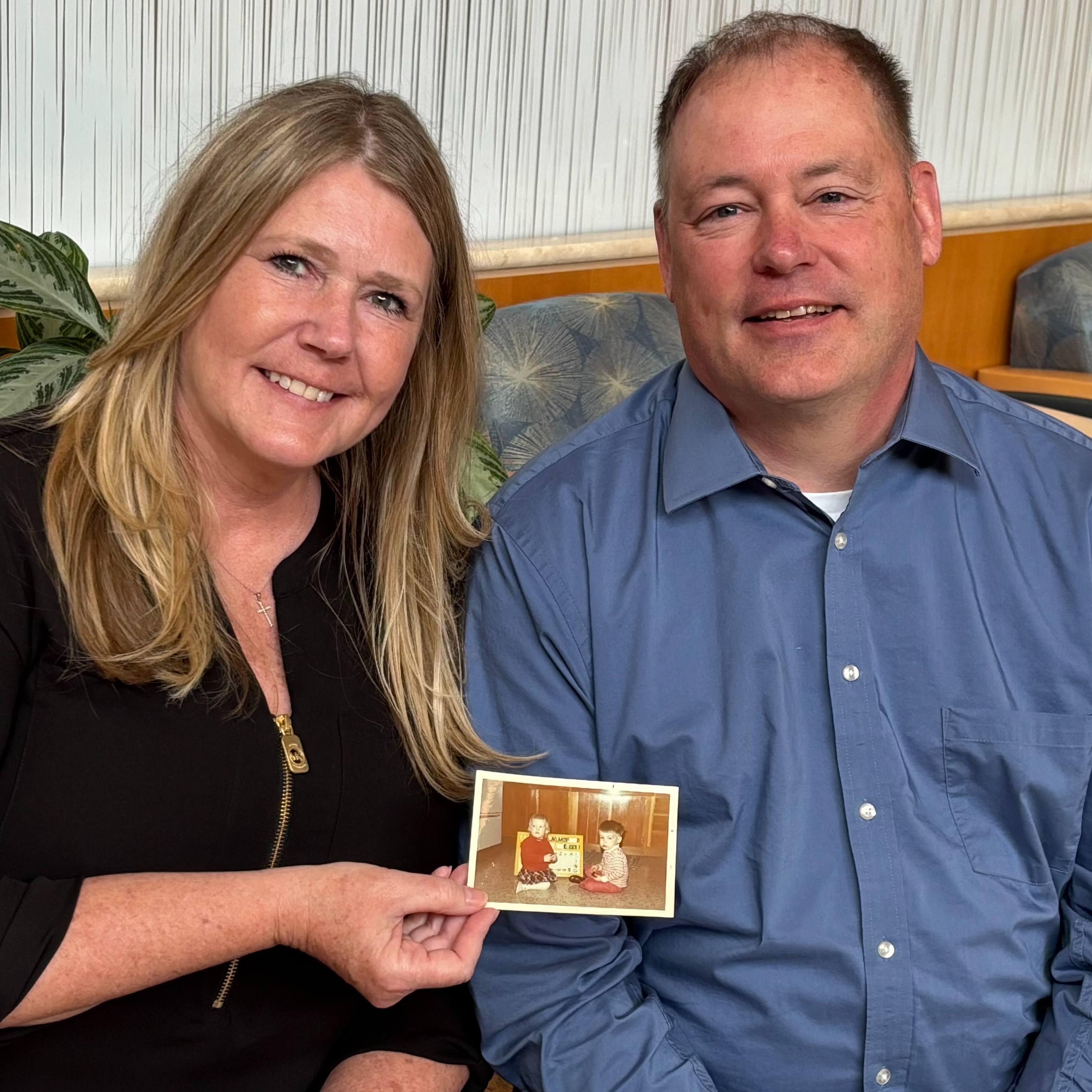-
Smoking, Sugar, Spirits and ‘Sin’ Taxes: Higher Price Would Help Health, Mayo Clinic Doctors Say
ROCHESTER, Minn. — Go ye and sin no more — or pay for it, when it comes to junk food, smoking and consuming alcohol. That's the message from two Mayo Clinic physicians who say raising "sin" taxes on tobacco and alcoholic beverages and imposing them on sugary drinks and fatty foods would lead many people to cut back, improving public health. The article by Michael Joyner, M.D., and David Warner, M.D., appears in the June issue of the journal Mayo Clinic Proceedings.
MULTIMEDIA ALERT: For audio and video of Dr. Joyner talking about sin taxes, visit the Mayo Clinic News Network.
The physicians contend that much of overall health depends on behavior and is relatively independent of the health care system. Risk factors for many common and chronic diseases are directly linked to tobacco smoking, drinking alcohol, eating too much low-quality food and physical inactivity, they say.
"Sin taxes could address three of these four major behavioral determinants of overall health," says Dr. Joyner, a Mayo Clinic anesthesiologist and physiologist. "Sin taxes have also been highly effective in improving public health in the past and in the current environment could be structured to raise substantial revenue and prevent both medical overuse and chronic diseases."
Key points from the article:
- Sin taxes have the potential to generate substantial revenue. Nearly $80 billion could be generated over the next 10 years by increasing the tobacco tax by 50 cents per pack. The alcohol tax as a percentage of the total cost of various forms of alcoholic beverages is much lower than it was in 1980. If the alcohol tax were increased to 30 percent of the pretax value of the beverage (it is currently about 10 percent), federal revenues would increase by $25 billion per year ($250 billion over 10 years). The effects of a 1 cent per ounce tax on sugary beverages would raise approximately $15 billion to $20 billion per year ($150 billion to $200 billion over 10 years).
- Ideally, these resources could also be used to subsidize care for the uninsured, buffer the fiscal pressures associated with Medicare and Medicaid, promote increased physical activity and better nutrition in the population, build public health infrastructure or perhaps increase federal funding for biomedical research.
- One of the major arguments raised against sin taxes is that they fall disproportionately on the poor, who typically engage in unhealthy behaviors at higher rates than other segments of the population. The authors raise the counterargument that the positive behavioral changes associated with these taxes would disproportionately benefit the poor in terms of both improved health over time and more money to spend on other things.
- Sin taxes have bipartisan appeal. Those concerned about disparities in health associated with socioeconomic status and other demographic factors should like them because promotion of healthy behavior may reduce these disparities. They should appeal to those who prefer policies that promote personal responsibility, because such taxes can positively affect individual health behaviors, the physicians say.
"Although consideration of such policies would (and has) engendered vigorous debate, sin taxes have the potential to rapidly benefit the physical, social, and fiscal health of the nation and should be seriously considered by policymakers and our political leaders," Dr. Joyner says.







